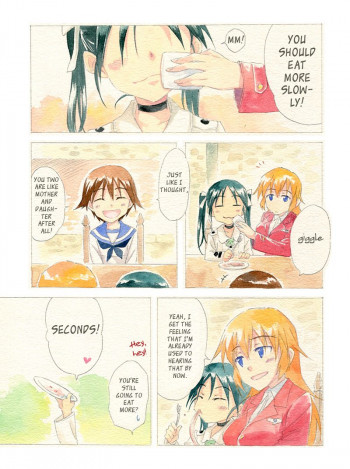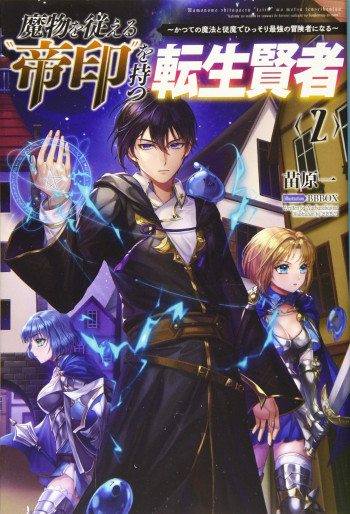Martial Peak Reviews
Carisse Lee's Charming Violet is a contemporary romance that delves into the complexities of desire, boundaries, and the intricate dance of relationships. The narrative is centered around Violet, a young woman who finds herself at the crossroads of familial ties and burgeoning passions. The return of her stepbrother, accompanied by his two best friends, sets the stage for a tumultuous exploration of love, possession, and self-discovery.
At its core, Charming Violet is a story about the tension between autonomy and surrender. The protagonist, Violet, is thrust into a situation where her stepbrother and his friends express a desire to "claim" her. This premise, while potentially controversial, is handled with a nuanced understanding of consent and personal agency. Lee crafts a narrative that challenges the reader to consider the boundaries of love and the complexities of human relationships.
One of the most compelling aspects of the book is its exploration of power dynamics. The relationship between Violet and the trio is fraught with tension, both sexual and emotional. Lee does not shy away from depicting the allure of forbidden desires, but she also ensures that Violet's voice remains central to the narrative. This balance is crucial in maintaining the integrity of the story and ensuring that Violet is not merely a passive participant in her own life.
Character development is a strong suit in Lee's writing. Violet is portrayed as a multifaceted character, grappling with her own desires and the expectations placed upon her by those around her. Her journey is one of self-discovery, as she navigates the murky waters of love and lust. The stepbrother and his friends, while initially appearing as archetypal figures of desire, are gradually revealed to have their own complexities and vulnerabilities. This depth adds layers to the story, making it more than just a tale of romance.
Lee's writing style is both evocative and engaging. She has a knack for creating vivid imagery and crafting scenes that are both sensual and emotionally charged. The dialogue is sharp and often laden with subtext, reflecting the unspoken tensions between the characters. This attention to detail enhances the overall impact of the story, drawing the reader into Violet's world and making them invested in her journey.
In terms of themes, Charming Violet touches on the idea of ownership versus partnership in relationships. The notion of being "claimed" is juxtaposed with the idea of mutual respect and understanding. Lee challenges the reader to consider what it means to truly belong to someone, and whether such a concept is ever truly possible. This thematic exploration is both thought-provoking and timely, resonating with contemporary discussions about relationships and autonomy.
Comparatively, Charming Violet shares thematic similarities with works like Beautiful Disaster by Jamie McGuire and Fifty Shades of Grey by E.L. James. However, Lee's approach is distinct in its emphasis on character agency and the psychological underpinnings of desire. While McGuire and James often focus on the intensity of romantic entanglements, Lee delves deeper into the emotional and ethical implications of such relationships.
Overall, Charming Violet is a compelling read that offers more than just a tale of romance. It is a story about self-discovery, the complexities of human desire, and the importance of personal agency. Carisse Lee has crafted a narrative that is both entertaining and thought-provoking, challenging readers to consider their own beliefs about love and relationships.
For readers who enjoy romance with a twist of psychological depth, Charming Violet is a must-read. It is a book that will linger in the mind long after the last page is turned, prompting reflection on the nature of love, desire, and the boundaries we set for ourselves and others.
























Reviews 0
Post a Reviews: